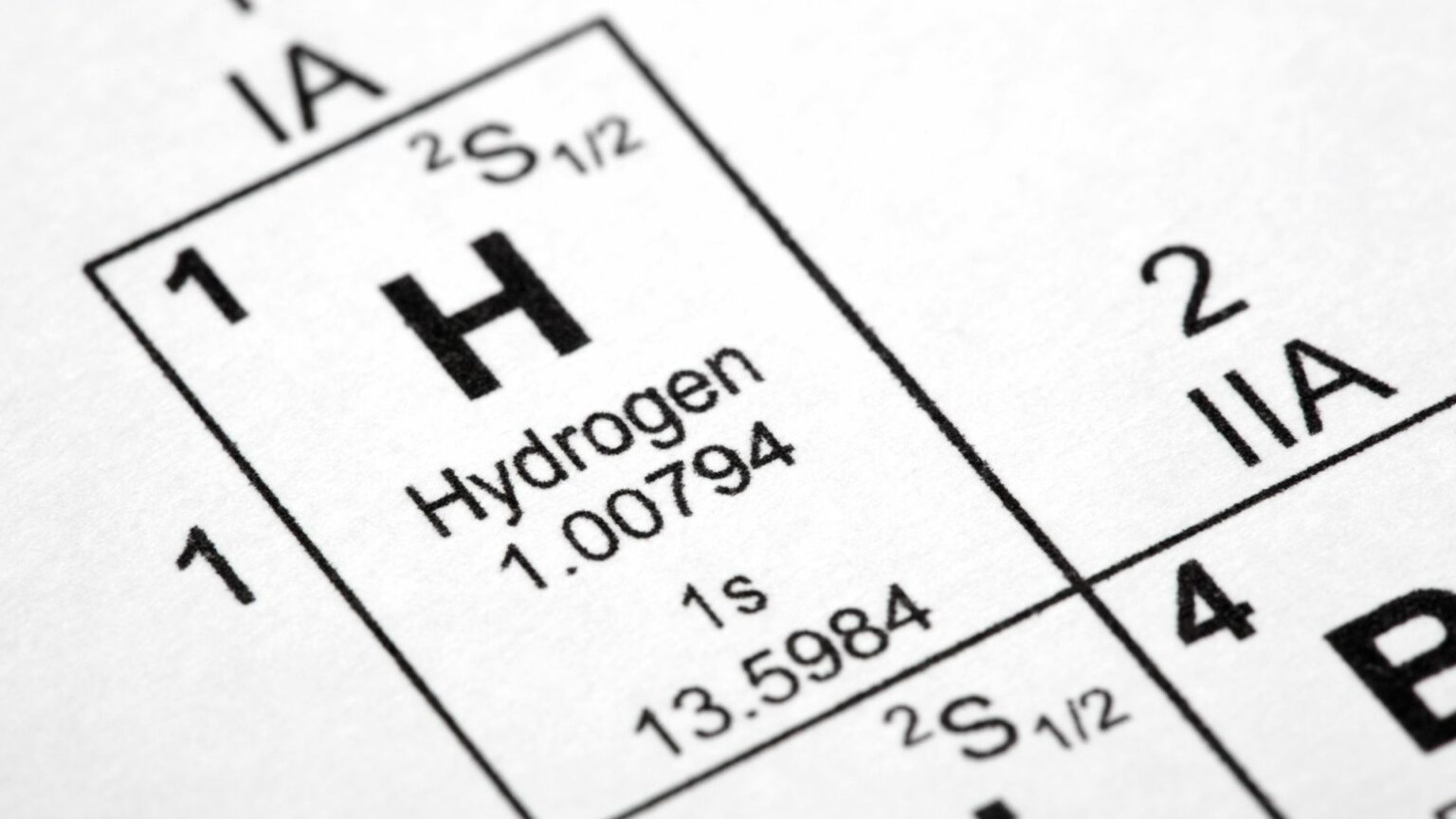The energy sector is on the verge of a transformative shift as stakeholders push for a standardized contract for the sale and purchase of hydrogen.
This initiative is gaining momentum as hydrogen emerges as a pivotal energy source in the drive towards sustainable development. With hydrogen’s potential to significantly reduce carbon emissions, the need for a common framework to facilitate trading has become imperative.
Key players from various sectors, including energy companies, regulatory bodies, and industry associations, are collaborating to develop these standardized contracts. Their collective efforts aim to establish coherent guidelines that ensure transparency, fairness, and efficiency in hydrogen transactions. This collaboration is expected to pave the way for accelerated adoption of hydrogen technologies and infrastructure.
Benefits of Standardization
The introduction of a standardized contract is anticipated to deliver multiple benefits. It will enhance market liquidity by providing a clear and consistent trading framework. Moreover, it will attract investments by mitigating uncertainties and establishing trust among market participants. Standardization will also facilitate cross-border hydrogen trade, promoting global energy integration and cooperation.
As the push for standardization continues, industry experts emphasize the importance of inclusive dialogue among all stakeholders. This ensures that the resulting framework addresses diverse perspectives and requirements. Moving forward, the successful implementation of standardized contracts is expected to catalyze the growth of the hydrogen economy, contributing significantly to global sustainability goals.
